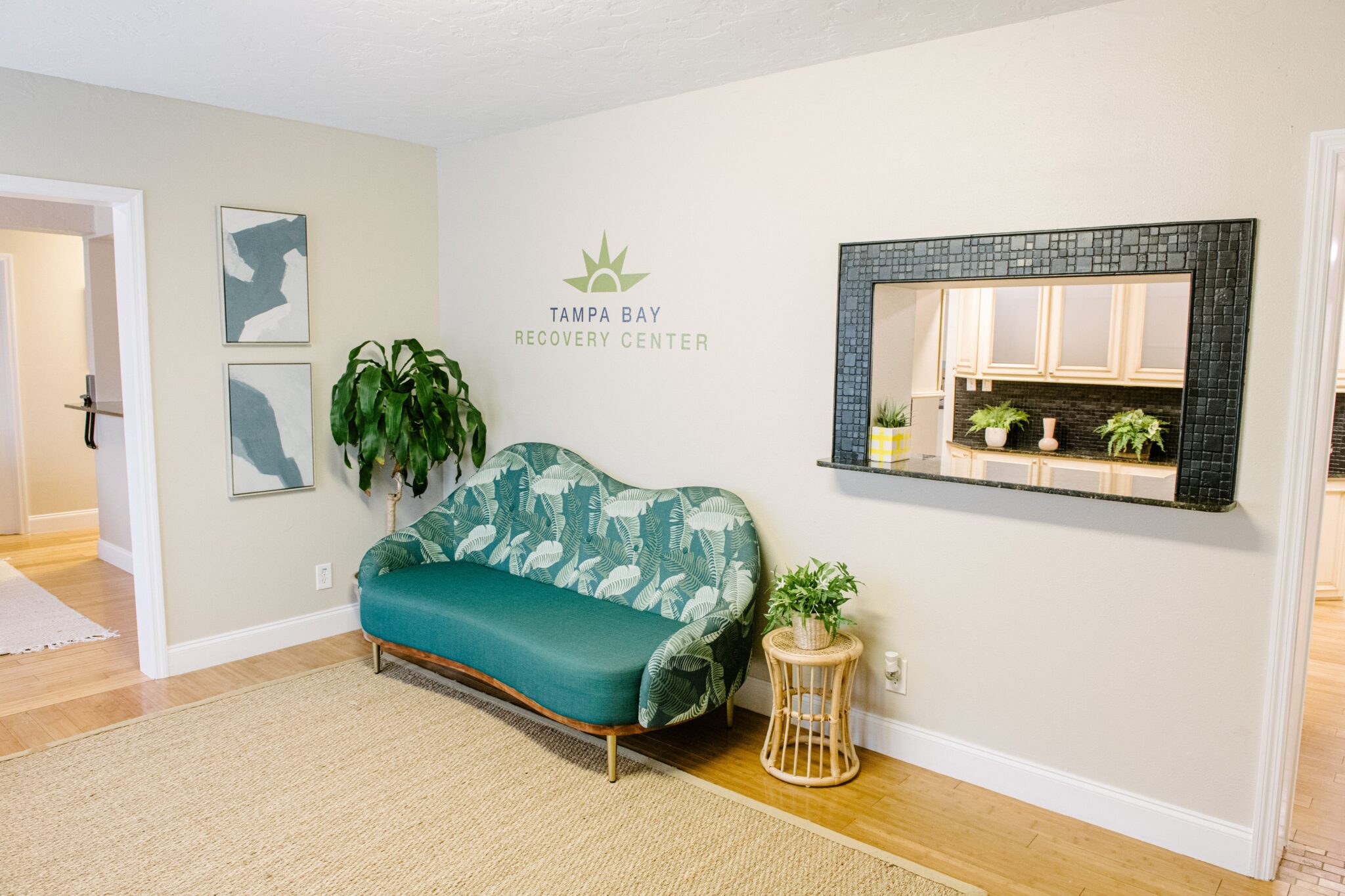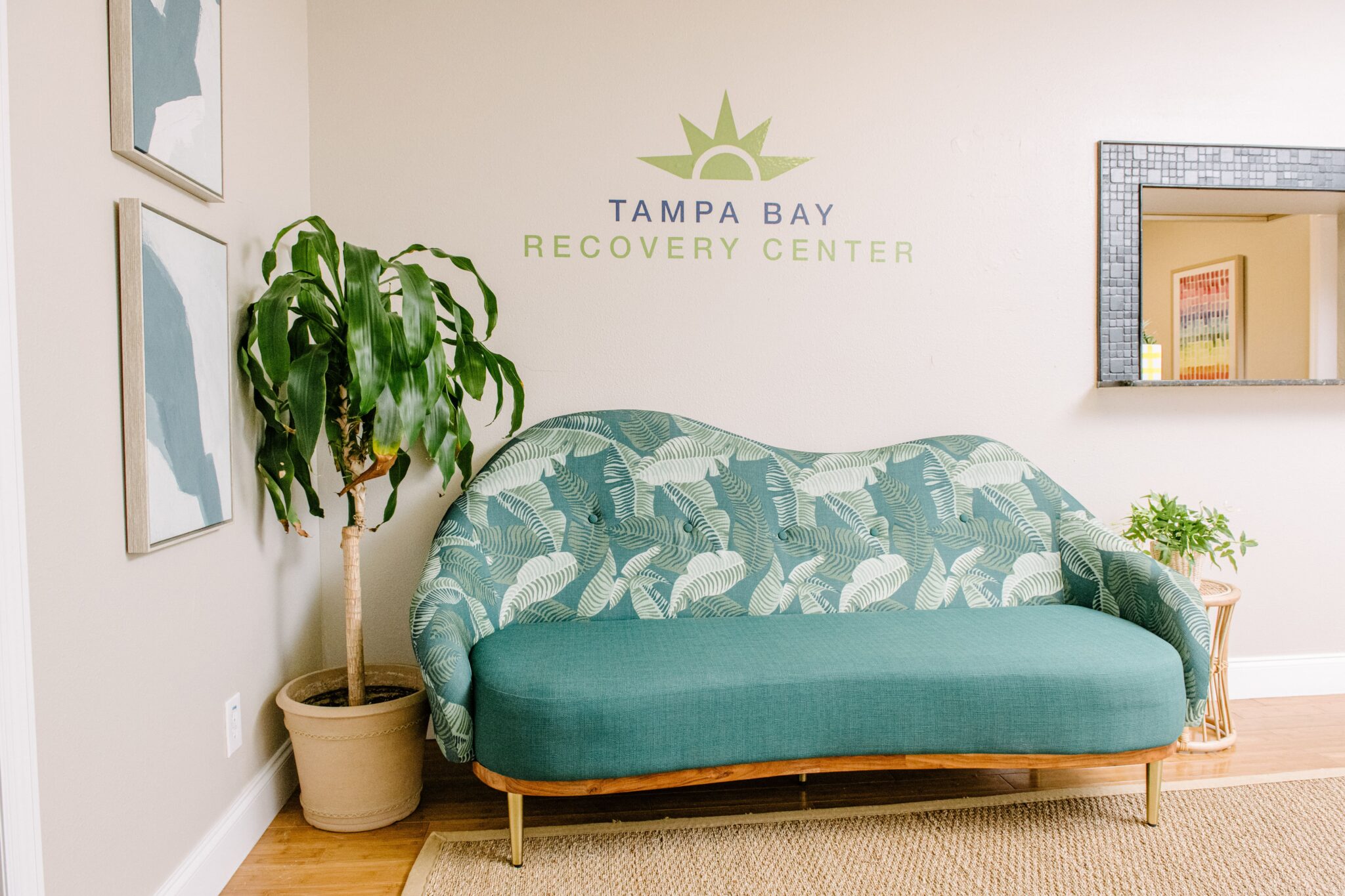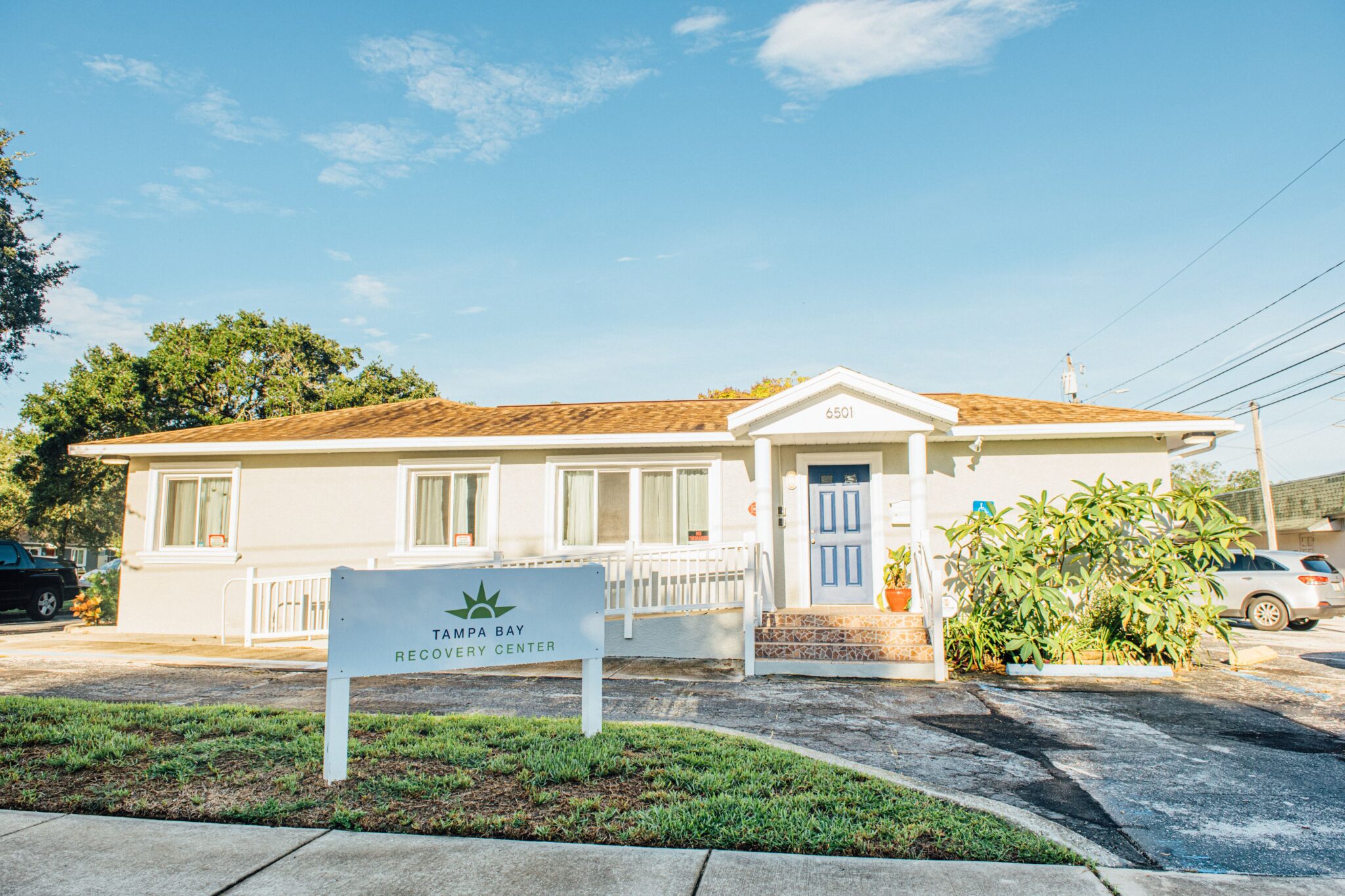Home Drug Rehab in Tampa Fentanyl Addiction, Signs, & Rehab

Heroin Addiction Treatment
At Tampa Bay Recovery Center, we understand that overcoming heroin addiction requires a compassionate and holistic approach. Our heroin addiction treatment program is designed to help individuals regain control of their lives by addressing not only their addiction but also the underlying causes that contribute to substance use. We believe in offering a safe, supportive, and collaborative environment to ensure each individual receives the care they need to heal.
Our Approach to Heroin Addiction Treatment
We take a holistic and collaborative approach to heroin addiction treatment at Tampa Bay Recovery. This means addressing the needs of the mind, body, and spirit and empowering clients to actively participate in their recovery. We work closely with each person to identify the underlying factors, such as trauma, mental health issues, or social influences, that may have led to their heroin use.
Our treatment also encourages clients to take ownership of their recovery by participating in important decisions about their care. Family involvement is also welcome, as we understand the role that loved ones play in the healing process.
Signs and Symptoms of Heroin Addiction
When someone is addicted to heroin, they may display a range of physical, emotional, and behavioral symptoms. Recognizing these signs early on can help save a life.
- Physical symptoms of heroin addiction may include:
- Fatigue or lethargy
- Itchiness and excessive sleeping
- Significant weight loss
- Constipation
- Scabs, sores, and bruises on the skin
- Slurred speech
- Wearing long sleeves or pants in hot weather to hide IV drug use marks
- Behavioral signs include:
- Frequently missing work or school
- Failing to meet personal responsibilities
- Possessing heroin paraphernalia such as syringes, needles, or burned spoons
- Neglecting personal hygiene and appearance
- Emotional and psychological signs:
- Confusion and disorientation
- Hallucinations or delusions
- Dramatic mood swings
- Difficulty following conversations
If any of these signs are present, it’s crucial to seek professional help immediately.
The Dangers of Heroin Addiction
Heroin is a powerful and highly addictive drug, and even a single use can have devastating effects. Two significant indicators that heroin use has become an addiction are tolerance and withdrawal:
- Tolerance: Needing increasingly larger amounts of heroin to achieve the same effects.
- Withdrawal: Experiencing physical and psychological symptoms, such as agitation, sweating, and nausea, when not using heroin.
These symptoms indicate that the individual is physically dependent on heroin, which makes quitting without help incredibly difficult. Without professional treatment, addiction can lead to long-term physical and mental health problems, and in many cases, it increases the risk of overdose.
Risk Factors for Heroin Addiction
Several risk factors can increase the likelihood of developing heroin addiction. These include:
- A family history of addiction or mental illness
- Previous use of prescription opioids for chronic pain
- Associating with peers who use heroin or other opioids
- Personality traits such as impulsivity or novelty seeking
While having one or more of these risk factors does not guarantee heroin addiction, they significantly increase the likelihood of needing professional heroin rehab.
Heroin Addiction Statistics
According to the U.S. Centers for Disease Control and Prevention (CDC) and the National Institute on Drug Abuse (NIDA):
- More than 690,000 Americans are currently addicted to heroin.
- About 33% of people who enter opioid addiction treatment started with heroin as their first opioid.
- Between 2010 and 2020, the number of heroin overdose deaths increased by over 400%.
- In 2019, two out of every ten drug overdose deaths in the U.S. involved heroin.
These statistics emphasize the importance of early intervention and professional treatment for heroin addiction.
Benefits of Heroin Addiction Treatment in Tampa
Our heroin addiction treatment program offers numerous benefits designed to help individuals overcome addiction and maintain long-term recovery:
- Customized treatment plans: Each individual receives a personalized plan based on their unique history, needs, and treatment goals.
- Evidence-based therapies: Our program incorporates scientifically backed therapies such as cognitive-behavioral therapy (CBT), medication-assisted treatment (MAT), and more.
- Innovative services: In addition to traditional psychotherapy, we offer cutting-edge treatments such as brainspotting therapy, red light therapy, and eye movement desensitization and reprocessing (EMDR).
- Compassionate, expert staff: Our experienced team is dedicated to providing compassionate care and supporting clients throughout their recovery journey.
- Discharge planning: We provide a thorough discharge plan to ensure every individual is prepared for long-term sobriety and can access continued care as needed.
Overcome Heroin Addiction at Tampa Bay Recovery Center
At Tampa Bay Recovery, we are committed to helping individuals achieve lasting recovery from heroin addiction. Our expert clinicians, evidence-based therapies, and holistic treatments provide the comprehensive care necessary to overcome addiction and reclaim a healthy life.
If you or a loved one is struggling with heroin addiction, contact us today at (813) 733-8774 to speak with an admissions specialist and take the first step towards recovery. We offer compassionate, expert care to help you heal and build a future free from addiction. Let’s get started on your path to recovery today.
Take Back Control:
Contact Us Now
Addiction and mental health disorder effects the lives of millions of Americans each year. Contact Creekside Recovery Group today to get the help you deserve.
TOUR
Tour Our Outpatient Detox Facility
Call 813-733-8774
Insurance Can Cover Up to 100% of costs
We Accept Most Insurance. Please Note We Are Not Affiliated With Or Endorsed By Insurance Companies.
CONTACT US
We Are Always Here For You
Our compassionate team is ready to assist you—contact us now for confidential support tailored to your needs!












